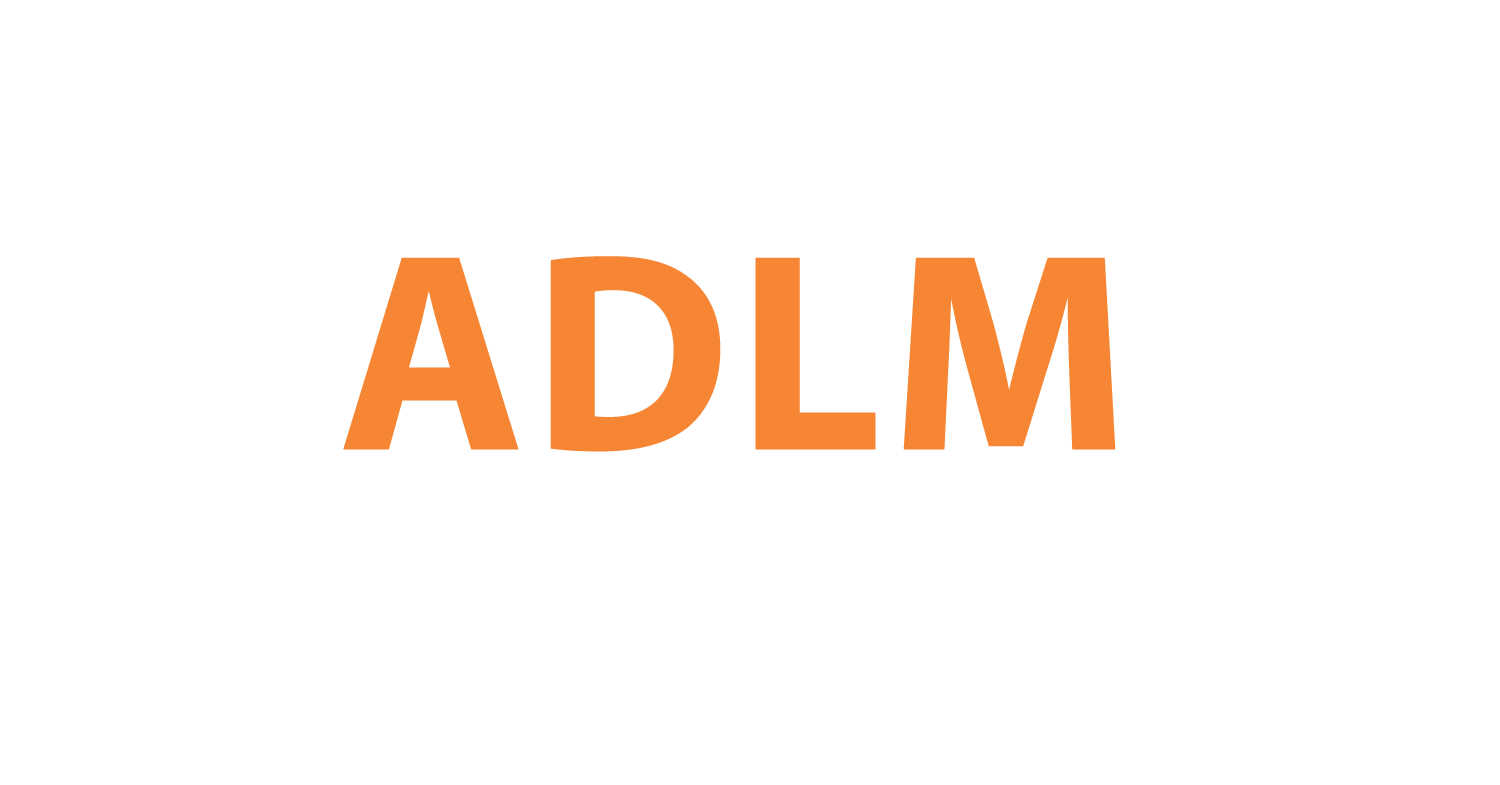Evaluating Specially Designed Flocked Rectal Swabs: A Game-Changer?

Diarrheal diseases remain a significant cause of childhood morbidity and mortality worldwide, yet accessing diagnostic laboratory testing is a challenge in many regions. Obtaining and transporting bulk stool specimens can be difficult and time-consuming, hindering timely diagnosis and treatment.
A Novel Approach: Flocked Rectal Swabs
The researchers sought to overcome this barrier by using specially designed flocked rectal swabs (FLOQSwabs) developed for diagnosing diarrheal diseases in children. These swabs are designed to sample the columnar epithelium just beyond the anal canal, where many bacterial and protozoal pathogens reside.
How was the study conducted?
The study enrolled children aged ≤13 years admitted to a hospital in Botswana with acute gastroenteritis. Matched bulk stool and flocked rectal swab samples were collected from each child. All samples underwent identical testing with a validated 15-target (9 bacterial, 3 viral, and 3 parasite) commercial multiplex PCR assay.
Improved Bacterial Pathogen Detection
Remarkably, the flocked swabs had a 12% higher yield for bacterial pathogen targets compared to stool samples (241 versus 212; P = 0.003). This finding could be attributed to the swabs' ability to acquire better samples from the colonic mucosal surface, where bacterial pathogens reside, while bulk stool samples may dilute the cellular material of interest.
Comparable Viral and Parasitic Detection
There was no significant difference in the detection of viral targets (110 versus 113; P = 0.701) or parasite targets (59 versus 65; P = 0.345) between the flocked swabs and stool samples.
High Acceptability and Rapid Sample Acquisition
Almost all parents/guardians found the rectal swab collection method acceptable. Additionally, in 17% of cases, a matching bulk stool sample could not be collected before discharge or death, and in 25% of cases, it took over 2.7 hours to collect a matching stool sample. This highlights the potential of flocked rectal swabs for rapid sample acquisition and timely diagnosis.
Conclusion: A Promising Approach
The study demonstrated that flocked rectal swabs significantly facilitate the molecular diagnosis of diarrheal disease in children, particularly for bacterial pathogens. Combined with sensitive rapid detection methods like PCR, this approach could enable targeted treatment and potentially improve outcomes for this common and deadly infection in resource-limited settings.
Click to View → Mantacc flocked swabs
References
Evaluation of Anatomically Designed Flocked Rectal Swabs for Molecular Detection of Enteric Pathogens in Children Admitted to Hospital with Severe Gastroenteritis in Botswana









